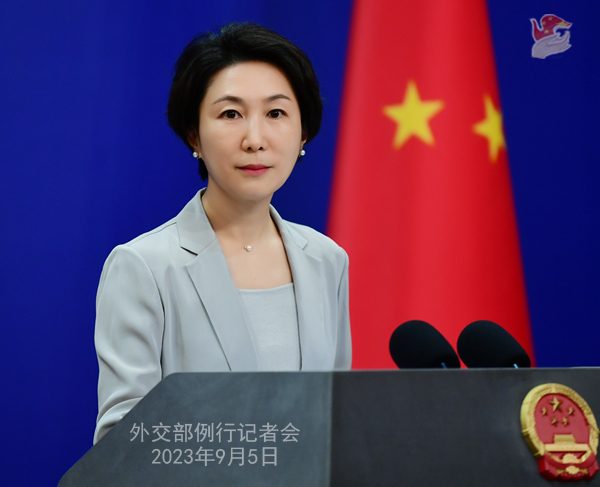China has ceased its importation of Japanese seafood, a significant economic development that could potentially impact both countries' economies. The decision, recently announced, did not provide explicit reasons, leaving industries and consumers in both nations in a state of uncertainty. As both countries seek to adjust to this abrupt shift, the consequences on the booming seafood industry and its stakeholders remains yet to be seen.
This decision has raised serious concerns in Japan, where seafood exports are a significant part of the economy. The Japanese public is primarily concerned about the potential loss of revenue and jobs in the seafood industry, and are scrutinizing government responses. The social value of food safety, sustainable fishing, and international trade practices occupies the public discourse.
In the United States or European Union, similar decisions usually stem from health and safety standards or political disputes. They could lead to lengthy discussions and negotiations in order to protect the interests of local industries while respecting international trade agreements.

